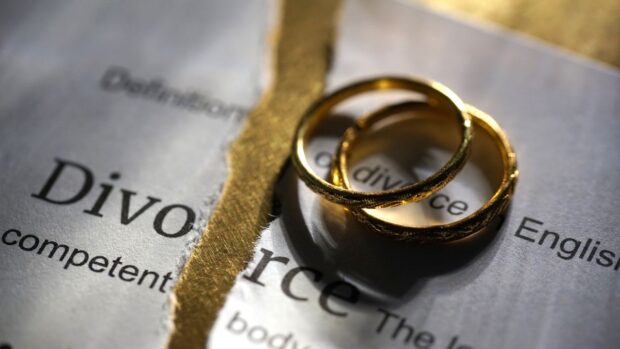
INQUIRER.net stock image
MANILA, Philippines — Allowing Filipino women to obtain a divorce would help remove marital constraints that restrict their economic participation, the World Bank (WB) said in a new report that showed no changes in the gender equality score of the Philippines.
The World Bank’s “Women, Business and the Law 2023” report released on Monday gave the Philippines a score of 78.8 out of 100 in terms of laws that affect women’s economic opportunity, unchanged since 2021.
The report covered 190 economies and used eight indicators to identify barriers to women’s economic participation: mobility, workplace, pay, marriage, parenthood, entrepreneurship, assets, and pension.
READ: Lagman to divorce naysayers: Will we wait for abused wives to die?
READ: Hontiveros hopes divorce bill can be given ‘fair hearing’ in Senate
Broken down, the Philippines scored 60 in marriage, parenthood, and assets — the lowest among the indicators. To improve the country’s marriage score, the World Bank said enacting a divorce law may allow women to contribute more to the economy.
“Where and while these [marriage-related] constraints persist, women’s agency and decision-making powers within the household are weakened … Laws constraining women from becoming the head of household diminish [their] legal capacity and economic autonomy,” the World Bank said.
“The Philippines may wish to consider allowing women to obtain a divorce in the same way as a man, and giving women the same rights to remarry as men,” it added.
The country is one of only two states in the world — the other being the Vatican — that have yet to legalize divorce. Under current laws, people who wish to leave an abusive marriage can only seek legal separation and not annulment.
More grounds
House Bill No. 9349 seeks to legalize absolute divorce in the country. Under the bill, more grounds for divorce have been included apart from common reasons for the dissolution of marriage like psychological incapacity, annulment of marriage, and legal separation.
If enacted into law, HB 9349 would also allow divorce for couples that have been separated for at least five years, and reconciliation is no longer possible, or they have been legally separated for more than two years.
But the bill has so far divided the lower chamber, where conservative lawmakers expressed concern that its passage could lead to more broken homes.
Zooming out, the Philippines’ gender equality score was higher than the regional average of 72.6 in East Asia and the Pacific. The country got a perfect score of 100 when it came to laws affecting women’s decisions to work, their pay, and ability to start and run a business.
Globally, women on average enjoy just 64 percent of the legal protections that men do — far fewer than the previous estimate of 77 percent, the World Bank said.